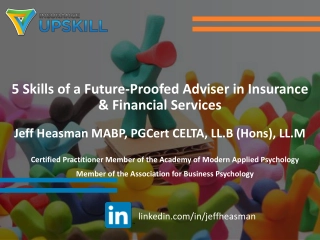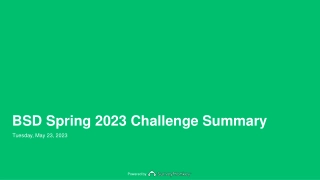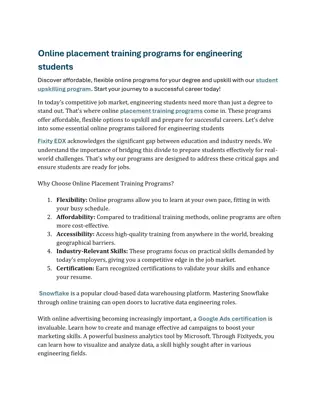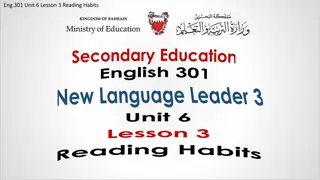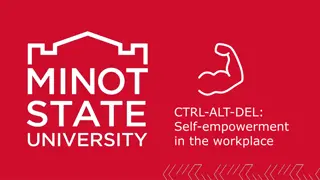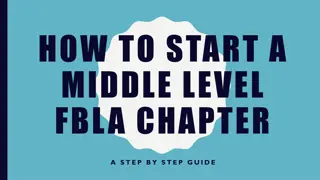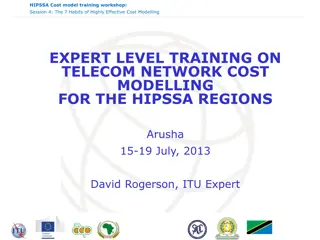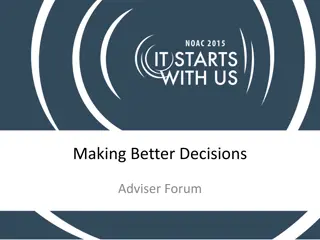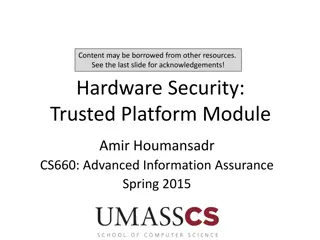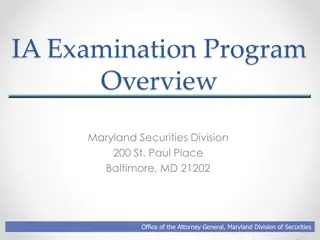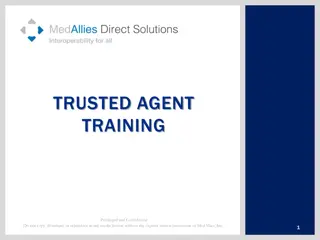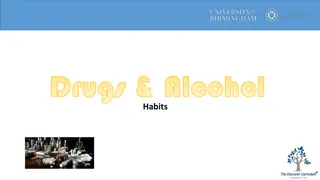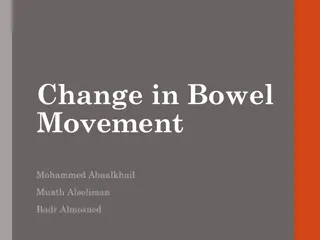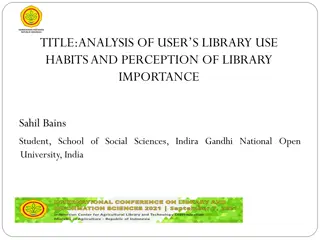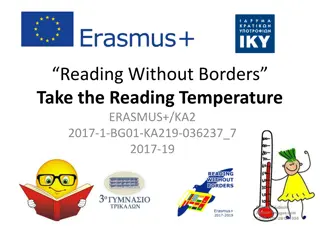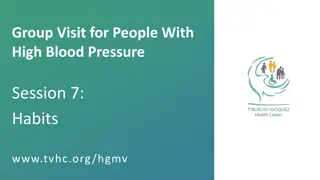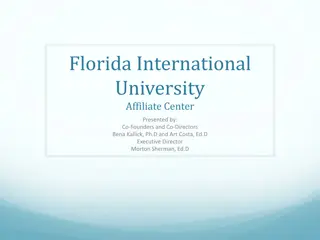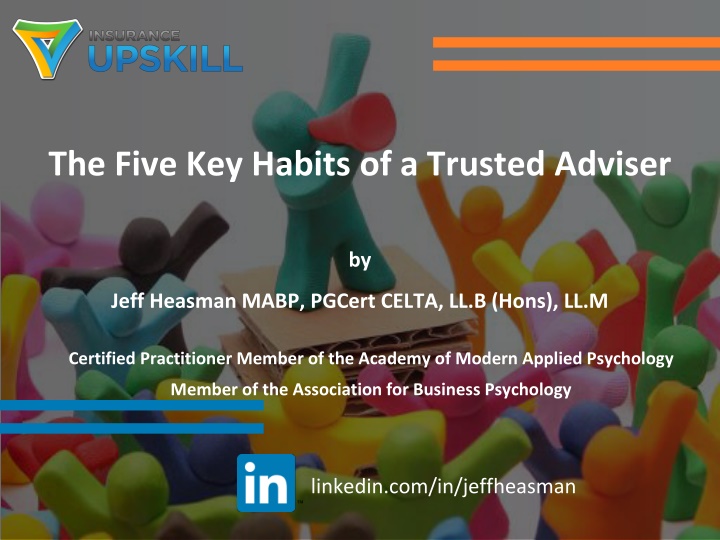
Key Habits of a Trusted Adviser - Building Trust in Professional Relationships
Learn the essential habits of a trusted adviser to establish and maintain trust in professional relationships. Explore the concept of trust and the factors that contribute to building credibility, reliability, intimacy, and reducing self-orientation. Discover how focusing on job essence, empowering clients, sharing information, seeking disconfirmation, and managing self-orientation can strengthen the bond with your clients.
Download Presentation

Please find below an Image/Link to download the presentation.
The content on the website is provided AS IS for your information and personal use only. It may not be sold, licensed, or shared on other websites without obtaining consent from the author. If you encounter any issues during the download, it is possible that the publisher has removed the file from their server.
You are allowed to download the files provided on this website for personal or commercial use, subject to the condition that they are used lawfully. All files are the property of their respective owners.
The content on the website is provided AS IS for your information and personal use only. It may not be sold, licensed, or shared on other websites without obtaining consent from the author.
E N D
Presentation Transcript
The Five Key Habits of a Trusted Adviser by Jeff Heasman MABP, PGCert CELTA, LL.B (Hons), LL.M Certified Practitioner Member of the Academy of Modern Applied Psychology Member of the Association for Business Psychology linkedin.com/in/jeffheasman
Learning objectives By the end of the session, participants will be able to: identify how trust is formed in the professional relationship between client and adviser. explain the 5 key habits of a trusted adviser. implement a strategy to build and maintain the status of a trusted adviser.
What is trust? It s a choice! It occurs on a rational and emotional level. It is a psychological state and it is relational. Denise Rousseau emphasises the concept of vulnerability. The trust equation:
Credibility: on a rational level this is expertise. on an emotional level it is the lived experience. Reliability: on a rational level it is the link between promises made and actions performed. on an emotional level it is the observed repeated fulfilment of expectations. Intimacy: very much an emotional level and critical in financial services. It manifests when the client begins to confide. This is really about who you are as an adviser. When we are discreet, empathetic and human. Self-orientation: on a rational and emotional level this is a pre-occupation with your own agenda. Advice not sales!
The link to the Consumer Duty Would you recommend your products and services to family members? Understanding expectations. Facilitating informed decision-making. Switching channels where necessary to be confident the client is making an informed decision. Clearly set out procedures / terms of engagement.
Trusted advisers always: 1. Focus on job essence as well as job function. 2. Empower the client to make the decisions. 3. Ensure asymmetry of information. 4. Seek disconfirmation and not confirmation. 5. Consciously consider self-orientation at each step.
Habit 1 focus on job essence The focus is on the overall relationship and not just the transactions. Service and needs are job function. Relationship and trust are job essence. Remember the importance of intimacy/warmth, particularly where credibility and reliability cannot be tested early on.
Habit 2 empower the client Engage (let s talk about ) Listen (tell me more ) Frame (so the issue is ) Envision (let s imagine ) Commit (I suggest we ) Utilise MESOs (Multiple Equivalent Simultaneous Offers) if it is relevant.
Habit 3 information asymmetry Plain language is crucial but it goes deeper. The Keats heuristic the harder something is to pronounce or understand, the greater the perceived risk! The more difficult something is to read, the harder the task is perceived to be. People misattribute the experienced ease or difficulty based on what is the focus of their attention at the time.
Habit 4 disconfirmation not confirmation If you hear yourself thinking to yourself, what my clients wants is . it is time to think about your biases! Reactance. When people feel their autonomy is under threat, they push for the freedom. Questions are powerful (be careful how you use them). The deeper the power imbalance the more likelihood of reactance (think how information asymmetry impacts this). Emphasise freedom of choice! Think about habit 2 (empowering).
Habit 4 disconfirmation not confirmation If you hear yourself thinking to yourself, what my clients wants is . it is time to think about your biases! Reactance. When people feel their autonomy is under threat, they push for the freedom. Questions are powerful (be careful how you use them). The deeper the power imbalance the more likelihood of reactance (think how information asymmetry impacts this). Emphasise freedom of choice! Think about habit 2 (empowering).
Habit 5 self-orientation The client will ultimately make their decision based on how you make them feel. Self-orientation can destroy trust without you realising. All of habits 1 to 4 lead to ensuring self-orientation is kept in check: job essence client empowerment information asymmetry avoiding confirmation bias
When things go wrong! Apologise! Quickly! Openly! Nothing is a slight problem. A shared endeavour. Remember vulnerability! You need to decide if the loss of trust is based on rational or emotive reasoning and fix that aspect.
The 5 habits are: 1. Focus on job essence as well as job function. 2. Empower the client to make the decisions. 3. Ensure asymmetry of information. 4. Seek disconfirmation and not confirmation. 5. Consciously consider self-orientation at each step.
Restatement of learning objectives During this session, we have: identified how trust is formed in the professional relationship between client and adviser. explained the 5 key habits of a trusted adviser. learnt how to implement a strategy to build and maintain the status of a trusted adviser.
Sources The Trusted Advisor by D. Maister, C. Green and R. Galford The Role of Trust in Consumer Relationships, ESCP Europe Public Trust in Insurance, Chartered Insurance Institute The Role of trust in Building Customer Loyalty in Insurance, Journal of Business & Management Trust: what it is and what it is not, International Business & Economics Research Journal Trust in Insurance: the importance of experiences, Journal of Risk and Insurance

